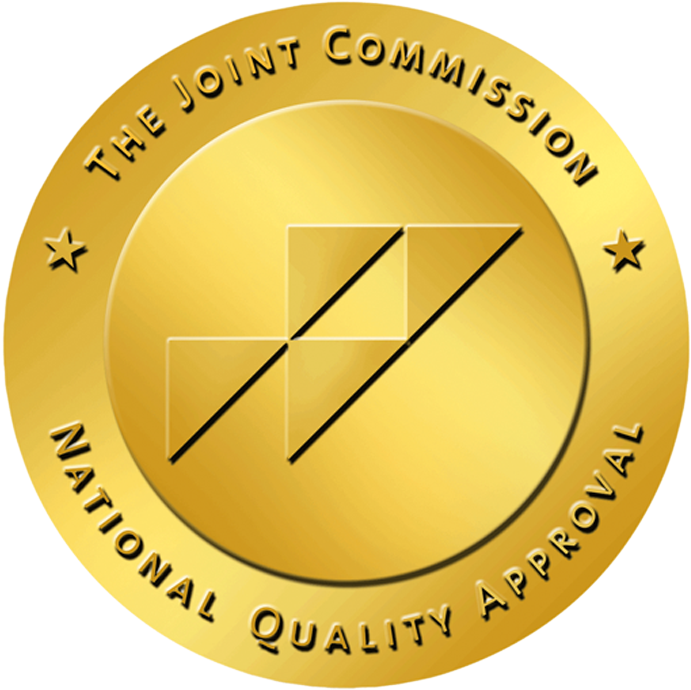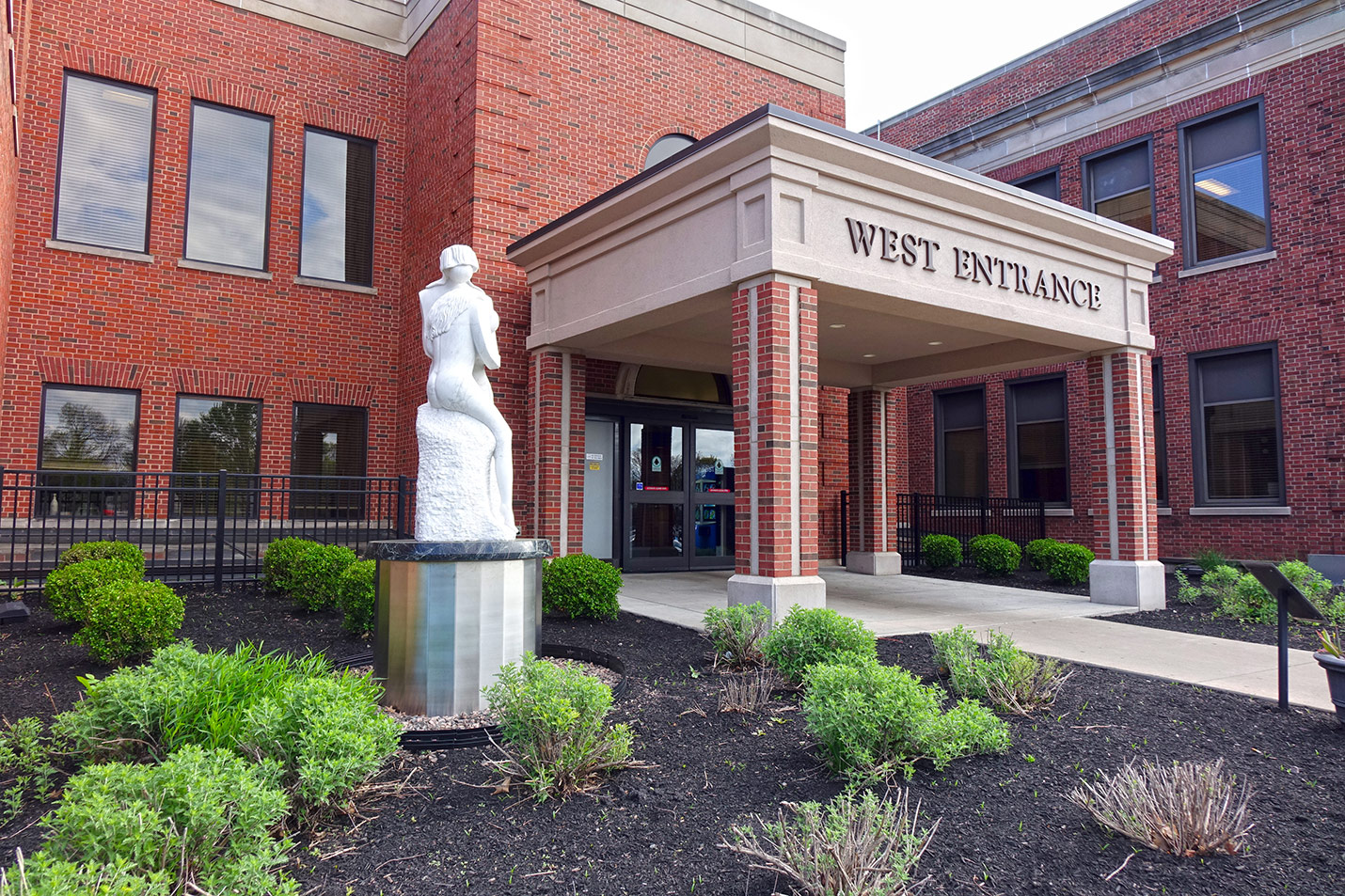Gynecologic Cancer
Make Appointments & Get Care
Overview
Gynecologic cancers, including cervical cancer, vaginal or vulvar cancer, uterine or endometrial cancer, and ovarian cancer, affect thousands of individuals with reproductive organs every year. These cancers originate in the reproductive system and can impact people of all ages, though risk factors like age, family history, and lifestyle choices may increase the likelihood of developing certain types.
At UR Medicine, our gynecologic oncology team specializes in comprehensive care, from advanced screenings to cutting-edge treatments. Recognizing risk factors early allows for timely intervention, and our experts are here to guide you through prevention, diagnosis, and treatment options tailored to your needs.
What Are the Symptoms of Gynecologic Cancers?
Though gynecologic cancers don’t always have obvious symptoms, you should see your doctor as soon as possible if you experience:
- A sore that doesn’t heal
- Unusual vaginal bleeding or discharge, particularly after menopause
- A thickening or lump that either causes pain or can be seen and felt
- Persistent indigestion or bloating
- Pain in the pelvic area
- Changes in bowel or bladder habits
When Should I See a Gynecologic Oncologist?
If your obstetrician/gynecologist or primary care provider feel your symptoms require evaluation or care, they may recommend that you see a gynecological oncologist, a specialist in caring for individuals with cancer of the reproductive system.
Annual gynecological examinations and pap tests can help protect you. You should discuss any concerns or changes with your doctor.
What Are the Risk Factors for Gynecologic Cancers?
Risks vary depending on the type of cancer, but there are some common threads, including:
- Approaching or already experiencing menopause (50+)
- Family history of ovarian cancer or cancers of the uterus, colon, or breast
- Infertility or no prior pregnancies
- Obesity
- Hypertension, diabetes, chronic vulvar irritation, or late menopause
- Certain medications like tamoxifen or unopposed estrogen
- A history of abnormal pap smears or not having them regularly
- Smoking
- Multiple sexual partners
- First intercourse before the age of 16
- HPV
- HIV
Though gynecologic cancers can affect anyone, some may be at greater risk. Recognizing the risk factors means you can take advantage of available health screenings that can detect problems before they become serious.
More importantly, many risk factors signal a need to change one’s lifestyle—by taking control and eliminating behaviors or conditions that can lead to cancer. Taking good care of oneself and following your physician’s recommendations for regular care and screenings can go a long way toward avoiding cancer and other diseases.
Learn more about cutting-edge treatments for gynecologic cancers.
Wilmot Cancer InstituteUR Medicine's Approach
UR Medicine’s Gynecologic Oncology team helps patients take steps that can prevent some types of cancer or detect it early enough to make a difference.
Our services include:
- Evaluation of abnormal pap smears and tumors of the ovaries, fallopian tubes, uterus, cervix, vagina, and vulva
- Assessment of abdominal or pelvic masses
- Development of care plans based on individual needs
- Surgery to reconstruct abnormalities caused by cancer treatment
- Minimally invasive surgery
UR Medicine offers the latest in minimally-invasive robotic surgery: the da Vinci® Surgical System. This leading-edge technology enhances your surgeon’s precision, dexterity, and control while requiring only one- to two-centimeter incisions, meaning a faster recovery and return to daily activities.
What Sets Us Apart?
Gynecologic Oncology’s physicians are fellowship-trained—the highest level of education in their field—and are subspecialists in this form of cancer. Our physicians are also leaders in minimally invasive and robotic procedures, giving patients the most and best treatment options. Our surgeons perform more minimally invasive, robotic gynecological surgeries than anyone else in the Rochester metropolitan area and surrounding region.
UR Medicine's Wilmot Cancer Institute provides world-class cancer treatment and care and conducts pivotal research. Established in 1974, it has a long history of outstanding clinical care and research breakthroughs. Wilmot features an 87-bed flagship cancer center, 13 outpatient locations, and one of the state’s largest blood and marrow transplant programs.
Highland Hospital has been performing robotic surgeries since 2008; its gynecologic oncology surgeons were the first in the area to provide minimally invasive options for gynecologic conditions. Minimally invasive surgery can mean quicker recovery, less pain and scarring, and fewer complications.
The Joint Commission–the nation’s top health care accrediting organization–has awarded Highland’s Gynecologic Oncology program the Gold Seal of Approval; this certification demonstrates Highland’s commitment to the highest standards of excellence for uterine and ovarian cancer.
Referring Patients to Wilmot Cancer Institute
To refer a new patient please fax the following form and all medical records to (585) 442-8039.
Please include any recent Pathology/Diagnostic X-Ray/Blood Work reports that you have ordered. Please also include recent progress notes, history and physical, and a copy of the patient’s insurance card.
If you have any questions please contact our new patient coordinator at (585) 275-6775.
Locations
View All LocationsWe serve you in the Rochester metropolitan area and surrounding region.
View All Locations2 locations
Highland Hospital
1000 South Avenue
Rochester, NY 14620
Lattimore Medical Center
125 Lattimore Road, West Entrance, Suite 258
Rochester, NY 14620

